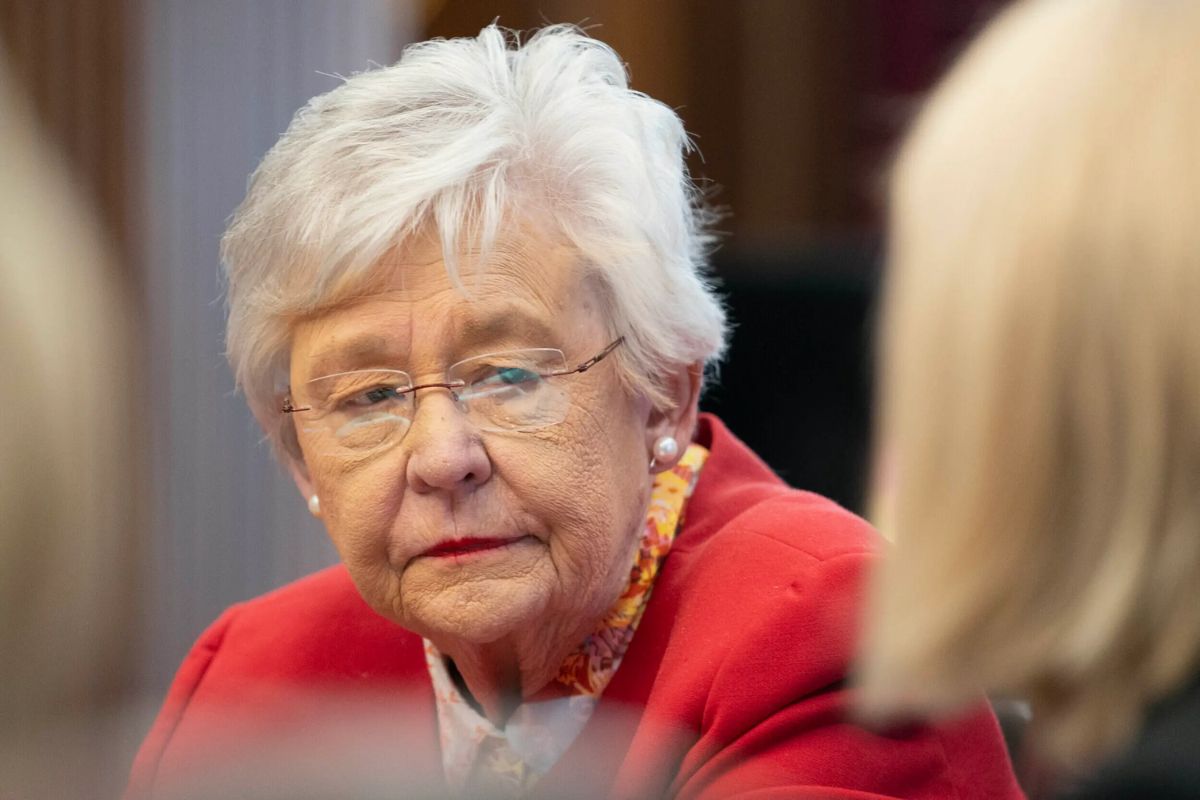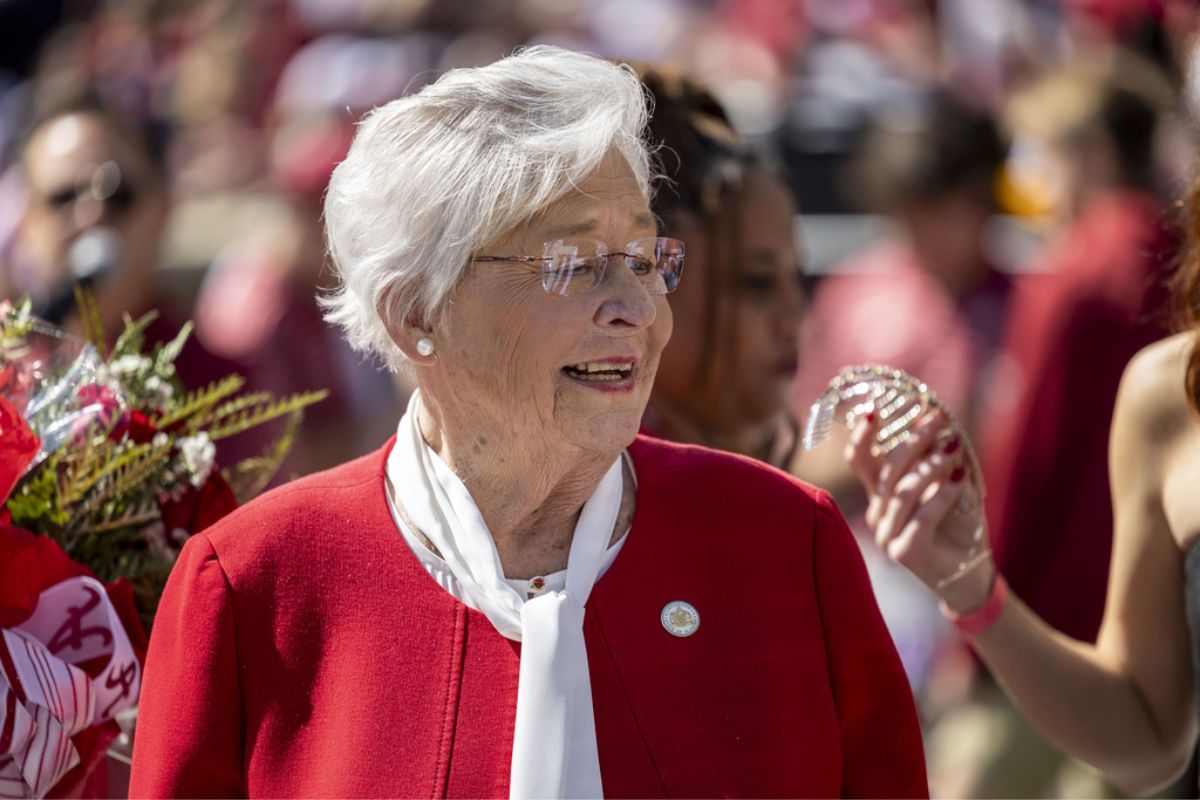Gov. Kay Ivey Slams Auto Worker Union: Governor Kay Ivey denounces the United Auto Workers (UAW) as a ‘Detroit threat’ for expanding into Alabama, citing concerns over economic impact and crucial motives. The automotive sector, essential for the state’s economy, faces potential disruption from UAW’s organizing efforts.
Despite Governor Ivey and Commerce Secretary McNair’s resistance, UAW’s push for union representation gains momentum. This clash reflects larger issues of labor relations and economic development in Alabama’s automotive industry. The complexities of this situation merit further exploration into the dynamics between the UAW and state officials.
Governor Ivey’s Opposition to United Auto Workers (UAW) in Alabama
Governor Ivey unequivocally opposes the United Auto Workers (UAW) union’s presence and activities in Alabama, citing concerns over their intentions and potential impact on the state’s economic landscape.
In response to Alabama’s thriving automotive industry, Governor Ivey has made it clear that she perceives the UAW’s efforts as detrimental to the state’s economic prosperity. The governor’s stance reflects a belief that the UAW’s motivations are self-serving and could disrupt the positive momentum of Alabama’s automotive sector.
Alabama’s Automotive Industry and UAW’s Organizing Efforts
The expansion of Alabama’s automotive industry has attracted the attention of the United Auto Workers (UAW), prompting organizing efforts in response to the state’s growing role in the production and export of passenger vehicles. Alabama’s automotive sector, dominated by OEMs, has become a pivotal player in the state’s export economy, with passenger vehicles constituting a substantial portion of its exports.
The UAW’s interest in organizing in Alabama is underscored by the sentiments of workers like Jeremy Kimbrell, a Mercedes employee, who advocates for unionization to address what he perceives as the ‘Alabama discount’ resulting from the prevalence of low-cost labor. This push for union representation reflects a broader shift in the automotive industry towards collective bargaining and fair labor practices.
Alabama’s emergence as an automotive manufacturing hub has not only bolstered its economy but also catalyzed discussions about workers’ rights and the need for representation to make sure equitable treatment in the state’s flourishing automotive sector.

ALSO READ: Alabama Commerce Chief Keeping Union Exclusion for Auto Plant Success
UAW’s Strategy and Response from State Officials
Alabama’s automotive landscape is currently witnessing a poignant clash between labor organizing efforts led by the UAW and staunch opposition from key state officials. The UAW’s strategy revolves around enrolling a significant portion of auto and electric-battery workers at non-union plants and urging companies to acknowledge the union. However, Governor Ivey and Secretary of Commerce Ellen McNair have taken a firm stand against these initiatives.
McNair has even cautioned that ongoing unionization campaigns could imperil Alabama’s reputation as a prime hub for industrial investments. Despite the resistance from state authorities, the UAW’s organizing endeavors have been gaining traction, with notable percentages of employees at Mercedes-Benz and Hyundai’s facilities showing favor towards unionization.
The conflict underscores a fundamental disagreement regarding labor rights and economic development strategies. As the UAW continues to make inroads within Alabama’s automotive sector, the response from state officials remains a critical factor in shaping the future landscape of labor relations in the state.
News in Brief
To sum up, Governor Ivey’s staunch opposition to the United Auto Workers (UAW) in Alabama reflects the state’s dedication to maintaining a business-friendly environment and resisting what is perceived as a threat to the automotive industry.
The ongoing struggle between the UAW and state officials highlights the intricate dynamics at play in labor organizing efforts within the state.
It remains to be seen how this conflict will unfold and impact the future of labor relations in Alabama’s automotive sector.

